Introduction
The Ginkgo tree (Ginkgo biloba) is a unique and ancient species known for its stunning fall foliage. In this post, we will guide you on how to plant Ginkgo trees to achieve optimal fall colors, enhancing your landscape or garden.

1. Understanding the Ginkgo Tree
History and Origins
Ginkgo trees have an ancient lineage, dating back over 270 million years. They hold significant cultural and medicinal value, having been used in traditional remedies.
Physical Characteristics
Ginkgo trees are renowned for their unique fan-shaped leaves, which turn a brilliant yellow in the fall. These trees can grow up to 50-80 feet tall, making them a striking addition to any garden.
2. Benefits of Planting Ginkgo Trees
Spectacular Fall Foliage
Ginkgo trees are known for their vivid yellow fall leaves, which create a breathtaking autumn display, setting them apart from other foliage trees.
Environmental Benefits
Ginkgo trees purify the air, resist drought, and support local wildlife. Their resilience makes them a hardy option for various climates.

Low Maintenance Requirements
These trees are pest-resistant and adaptable, requiring minimal maintenance once established.
3. Choosing the Right Location
Sunlight Requirements
Ginkgo trees thrive in full sun, which helps develop their vibrant foliage in the fall.
Soil Conditions
They prefer well-drained, slightly acidic to neutral soil. Ensure proper drainage to avoid waterlogging.
Space Needs
Ginkgo trees can grow quite tall, so consider space carefully, especially in urban areas. Ensure there’s enough room for their growth without interference from buildings or power lines.
4. Planting Ginkgo Trees: A Step-by-Step Guide
When to Plant
The best time to plant Ginkgo trees is in the fall or spring, allowing them time to establish roots before extreme temperatures.
Preparing the Site
Clear the area of weeds and debris, and prepare the soil by loosening it and adding compost if needed.
Selecting Quality Saplings
Choose healthy saplings with strong roots and no signs of disease or stress.

Planting Process
Dig a hole twice as wide as the root ball. Place the sapling in the hole, ensuring the top of the root ball is level with the ground. Backfill the hole with soil, and water thoroughly.
Watering and Mulching
Water the tree regularly after planting, and apply mulch around the base to retain moisture and protect the roots.
5. Caring for Your Ginkgo Tree
Watering Practices
During the first few years, keep the soil consistently moist. After establishment, Ginkgo trees are relatively drought-tolerant.
Fertilization Tips
Use a balanced fertilizer in the early spring to promote healthy growth.
Pruning and Training
Prune the tree during its dormant season to shape it and remove dead branches.

6. Anticipating Fall Foliage
When to Expect Color Changes
Ginkgo trees typically change color in mid to late autumn. Keep an eye on the weather, as cooler nights help enhance the vivid yellow tones.
Creating a Stunning Display
Pair Ginkgo trees with complementary fall plants such as maples or ornamental grasses for a striking seasonal display.
7. Common Challenges and Solutions
Pest and Disease Issues
Ginkgo trees are generally pest-resistant, but minor infestations may occur. Treat these with organic solutions like neem oil.
Growth Challenges
If your tree is slow to grow or shows signs of stress, check for proper watering and soil conditions, and adjust care accordingly.

Conclusion
Planting Ginkgo trees can bring stunning beauty to your landscape, especially in the fall. With proper care and attention, these trees will provide timeless elegance to any garden.
We encourage you to plant your own Ginkgo tree and enjoy its beauty for years to come.
Call to Action
Subscribe to our newsletter for more gardening tips and tricks! Share your experiences and photos of your Ginkgo trees in the comments below.

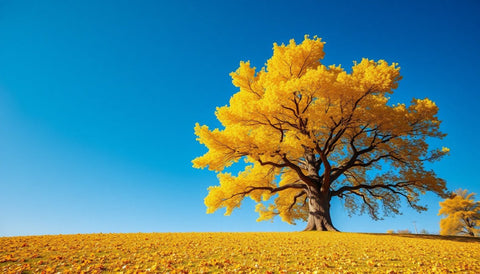

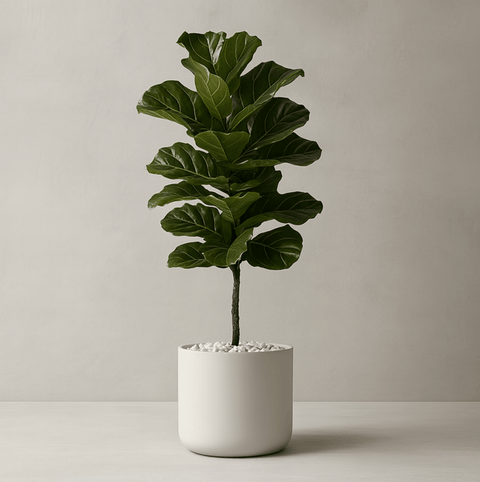
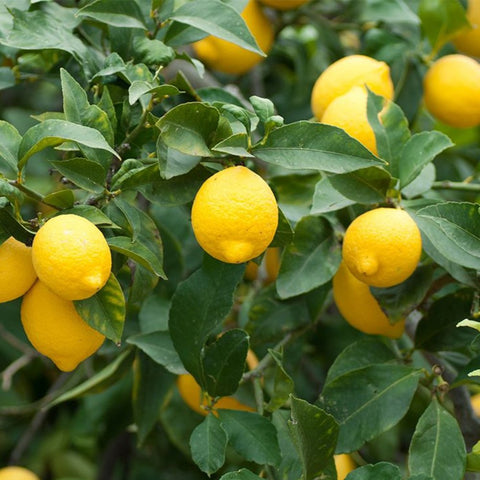

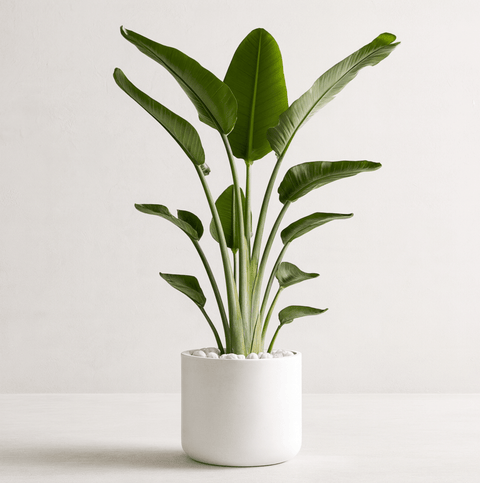

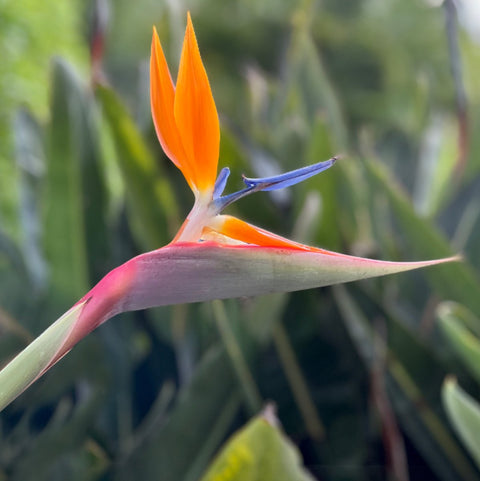
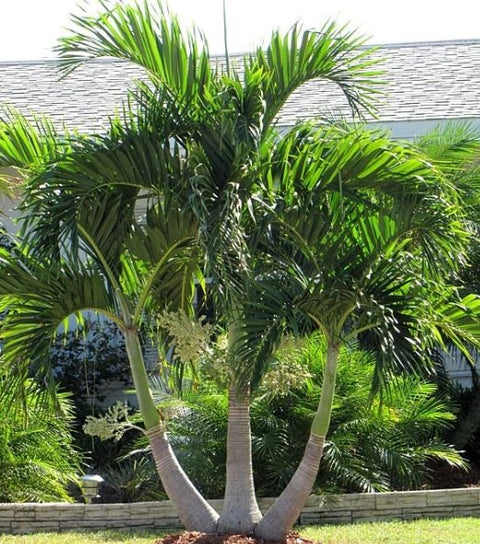
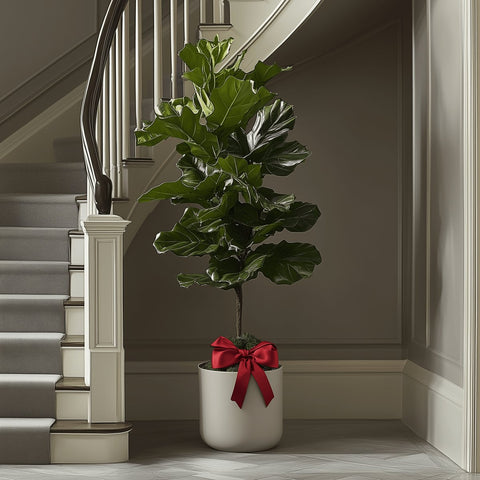


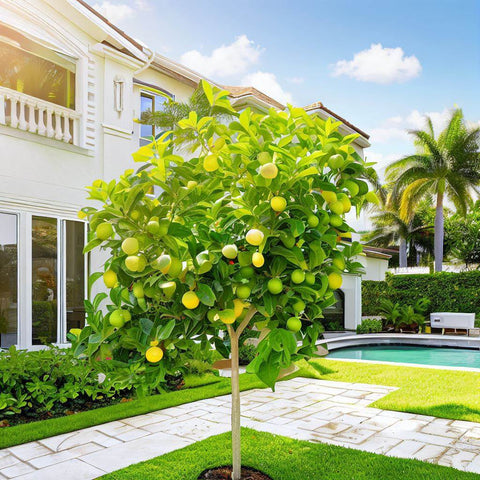
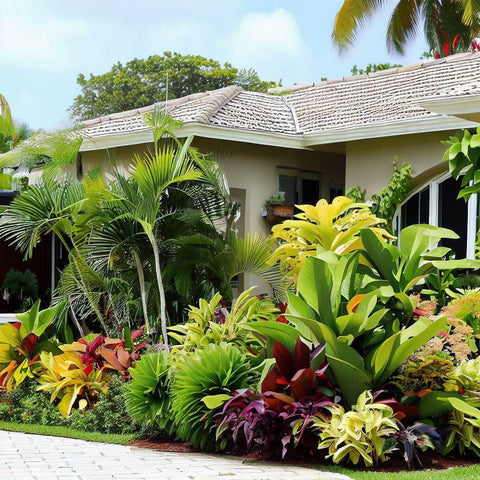


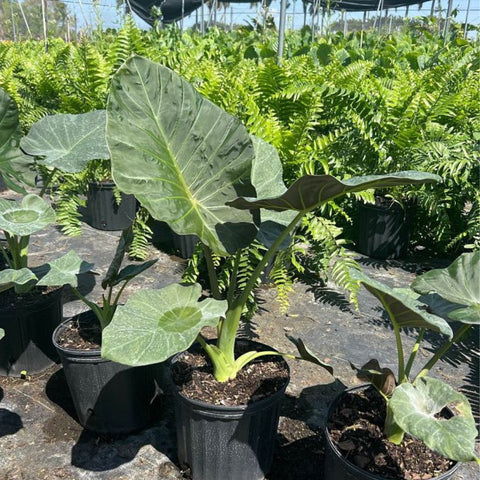

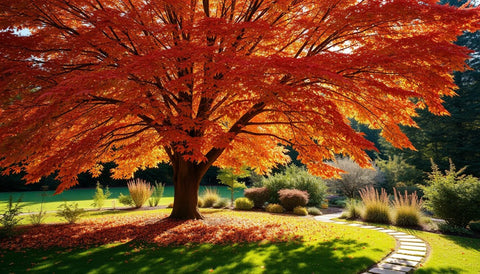
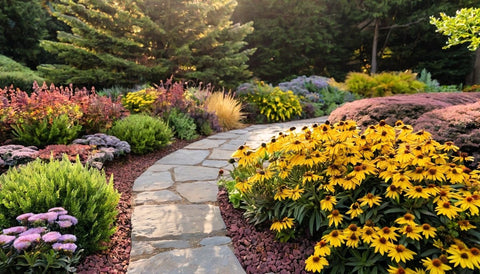

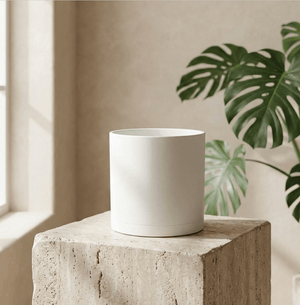
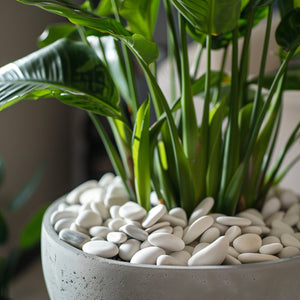


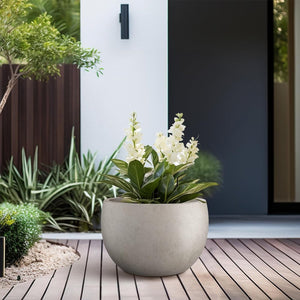



Comments (0)
There are no comments for this article. Be the first one to leave a message!